Assia, who won the first edition of the contest in 1956 in Lugano, Switzerland, with the song “Refrain”, “passed away on March 24th at Zurich's Zollikerberg Hospital, having recently turned 94,” Eurovision said in a statement.
Assia, whose real name was Rosa Mina Schärer, was born in 1924 in Rupperswil in the north of Switzerland.
She began her career as a dancer, but soon turned to singing, achieving her biggest hit in 1950 with “O Mein Papa”, Eurovision said.
Assia took part in the contest again in 1957 and actually came second in 1958 with the song “Giorgio”.
She tried to return as a contestant again in 2011, but was not selected to sing for Switzerland.
Assia is the only Swiss national to have won Eurovision, although Canadian singer Celine Dion won the contest on behalf of Switzerland in 1988 with the song “Ne partez pas sans moi”.
This year's Eurovision Song Contest is being held in Lisbon, Portugal in May.
READ ALSO: Six finalists compete to be Switzerland's Eurovision entry

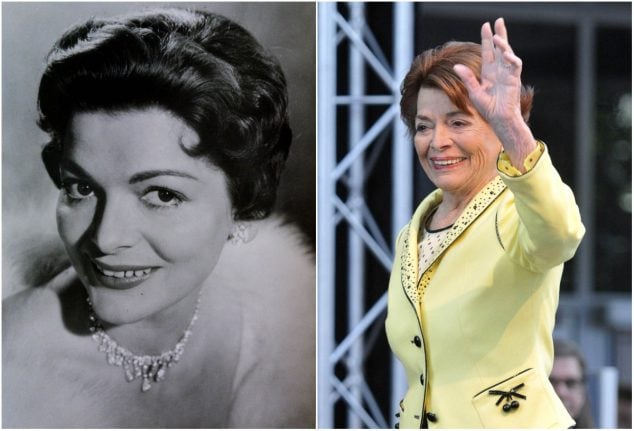
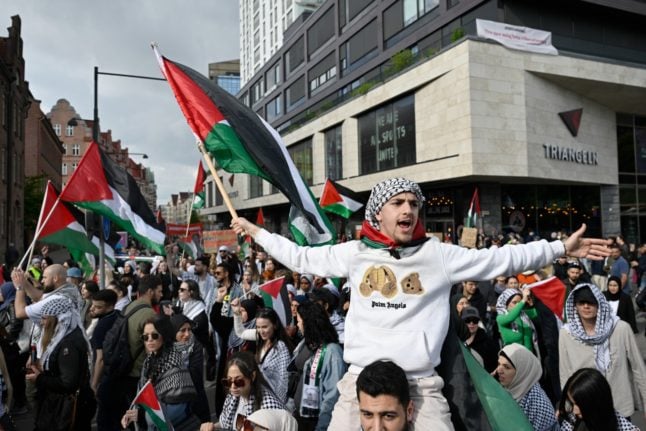
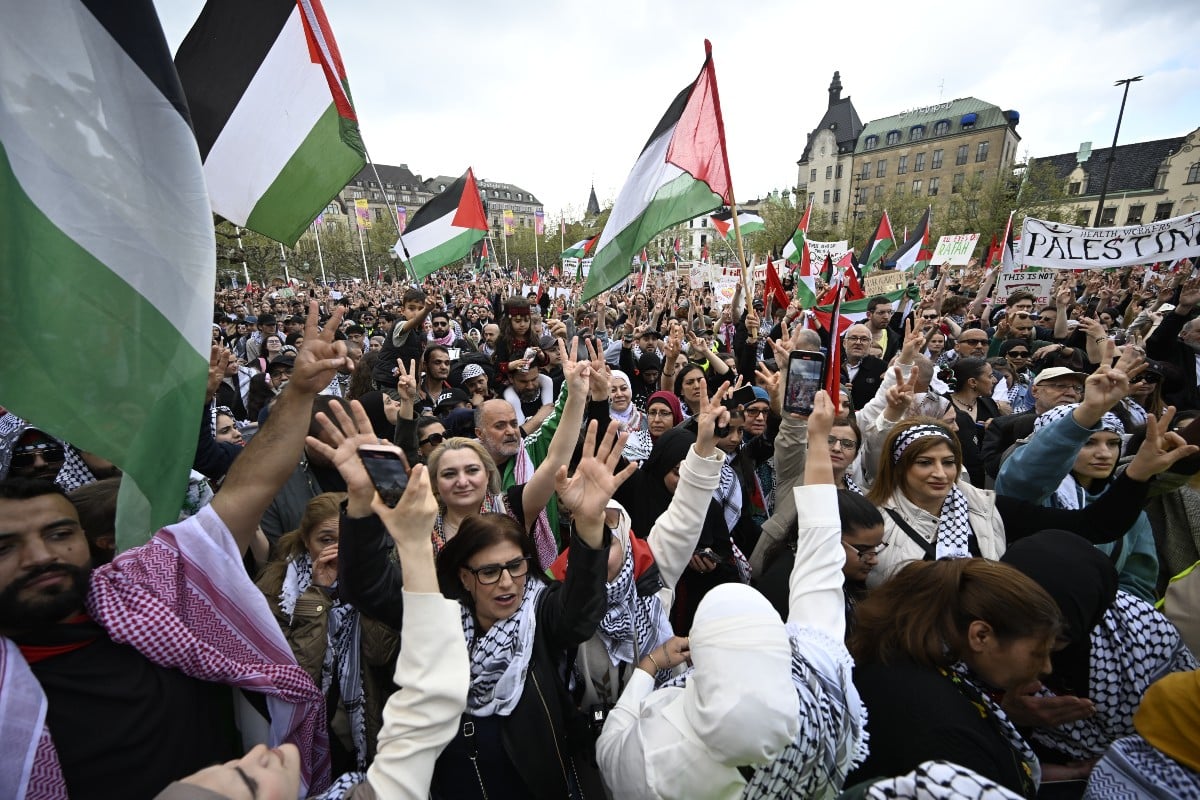

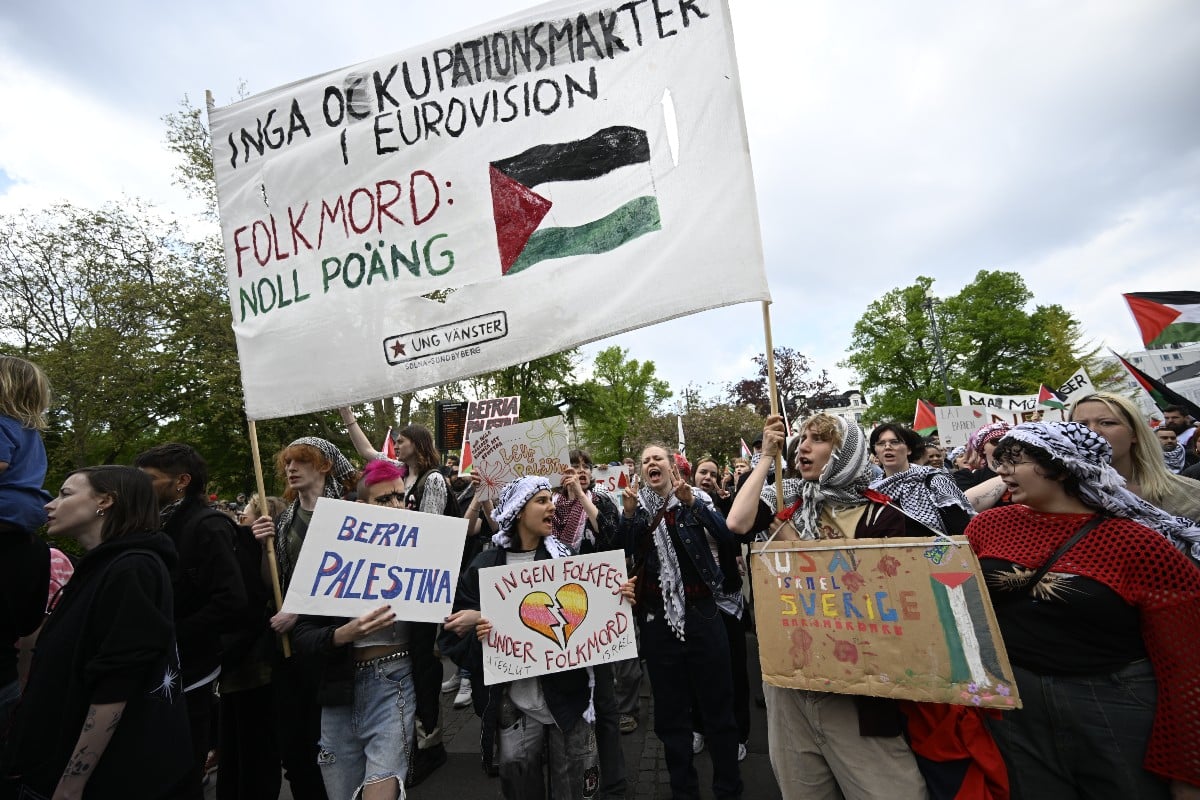

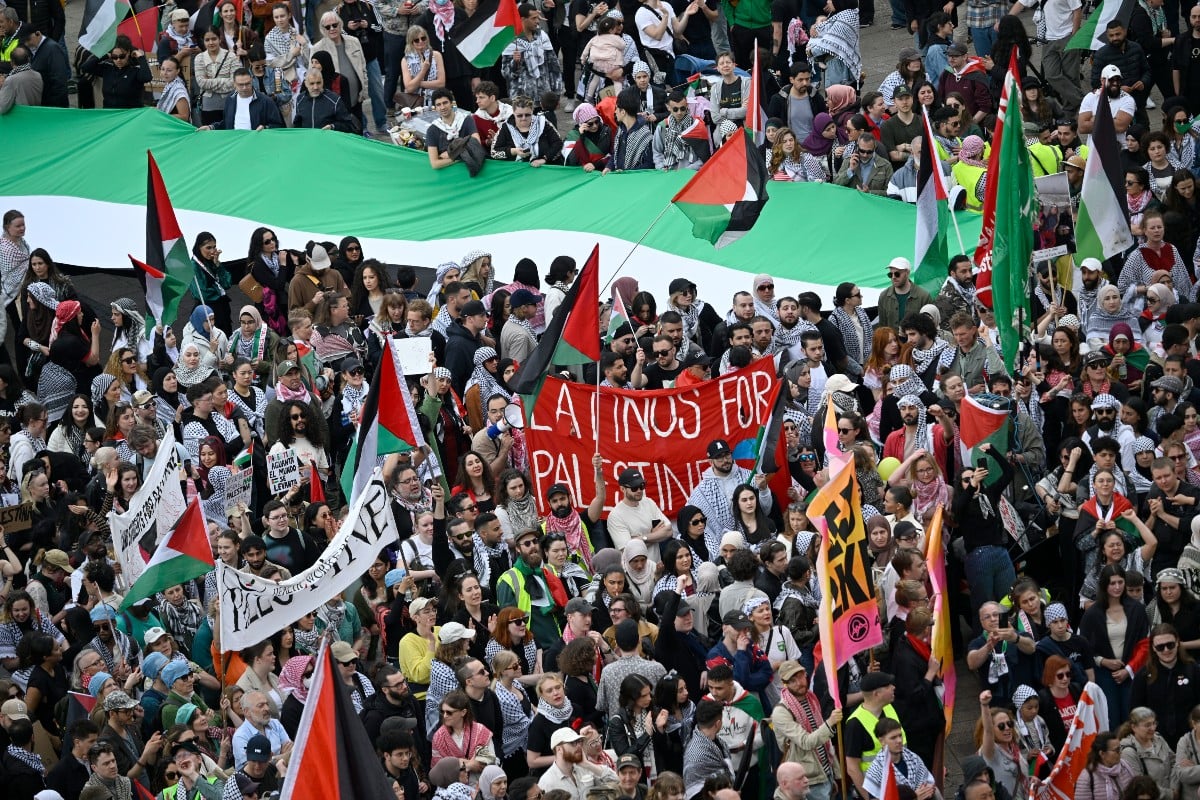
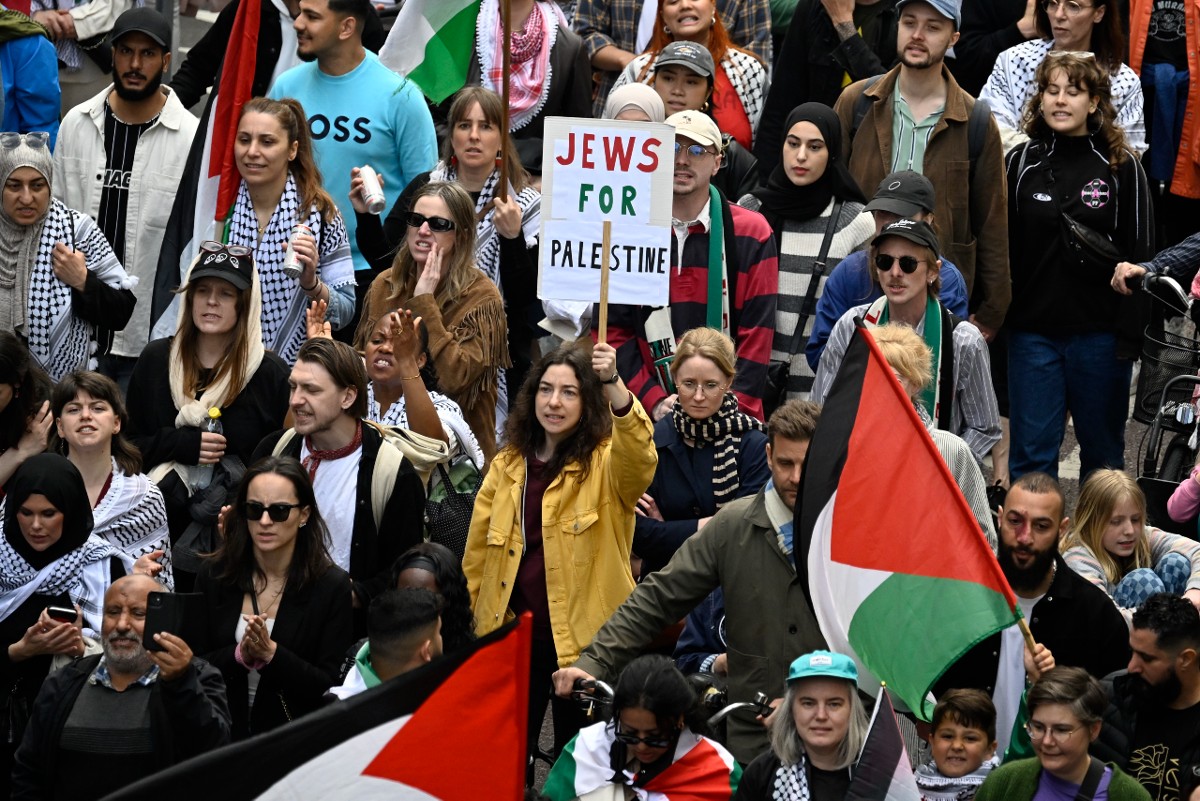
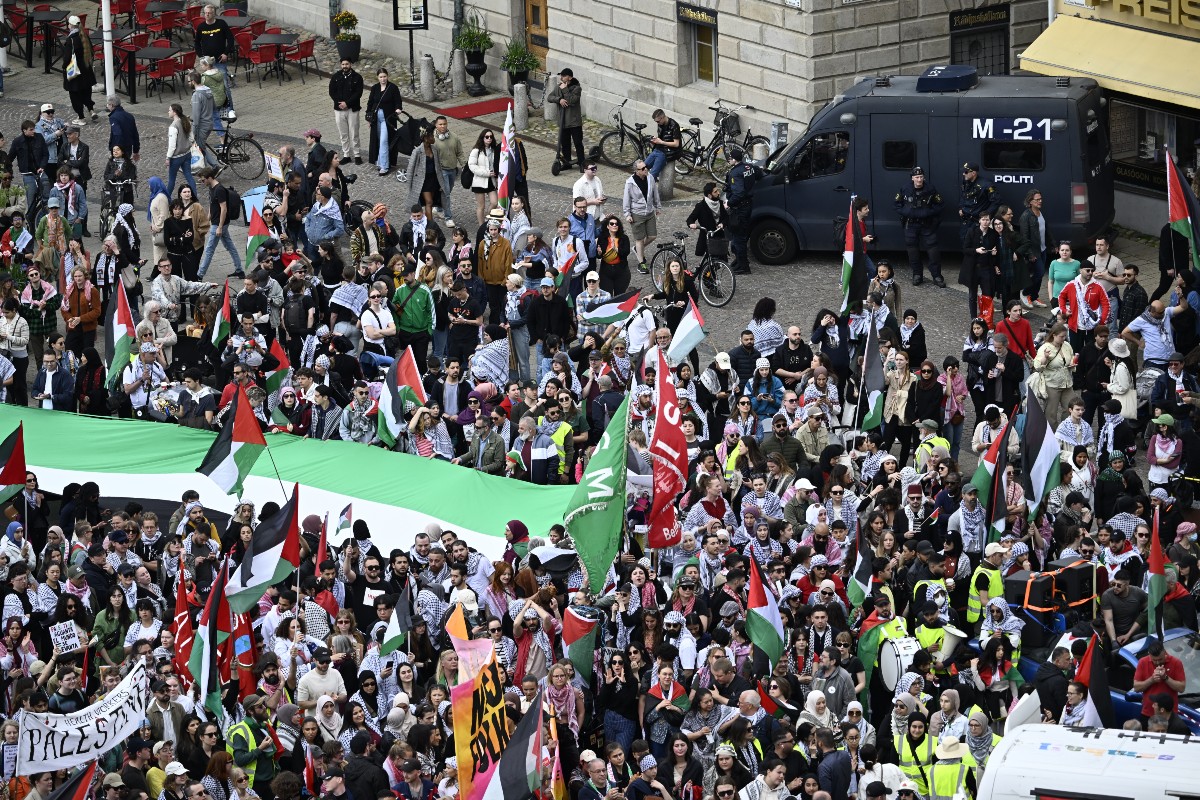
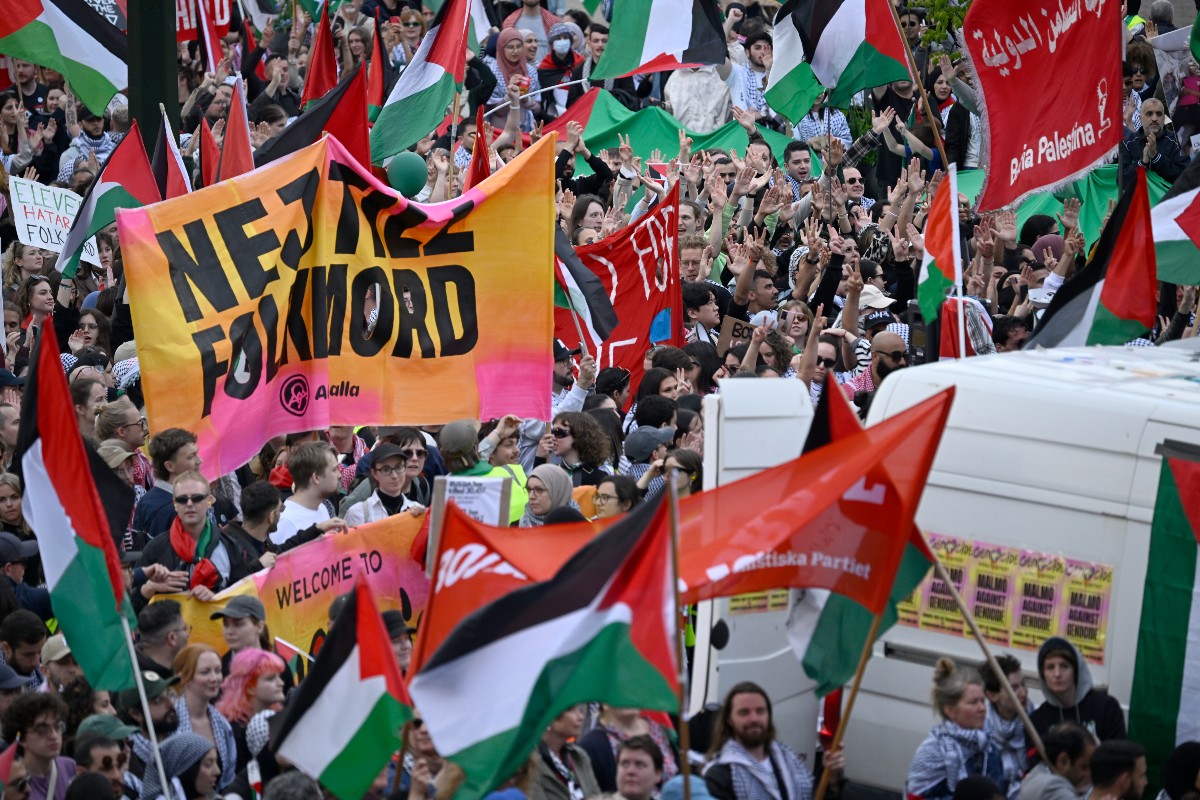
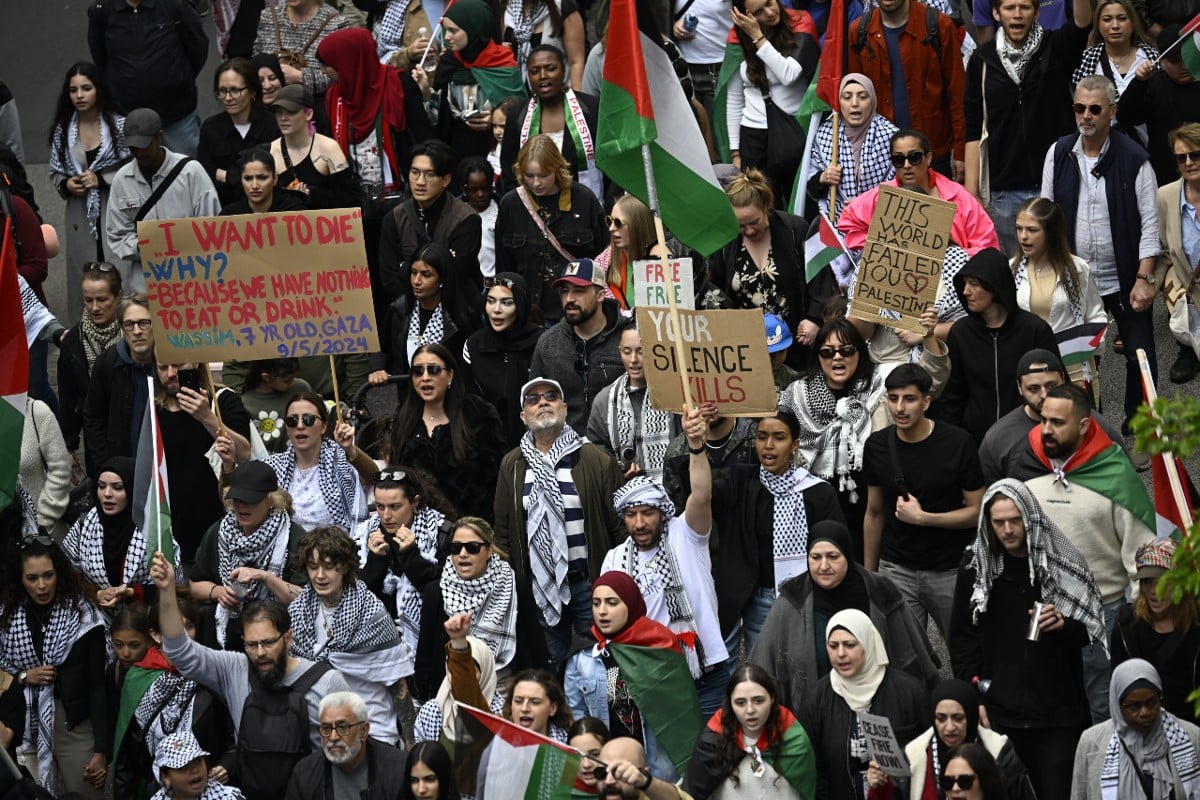
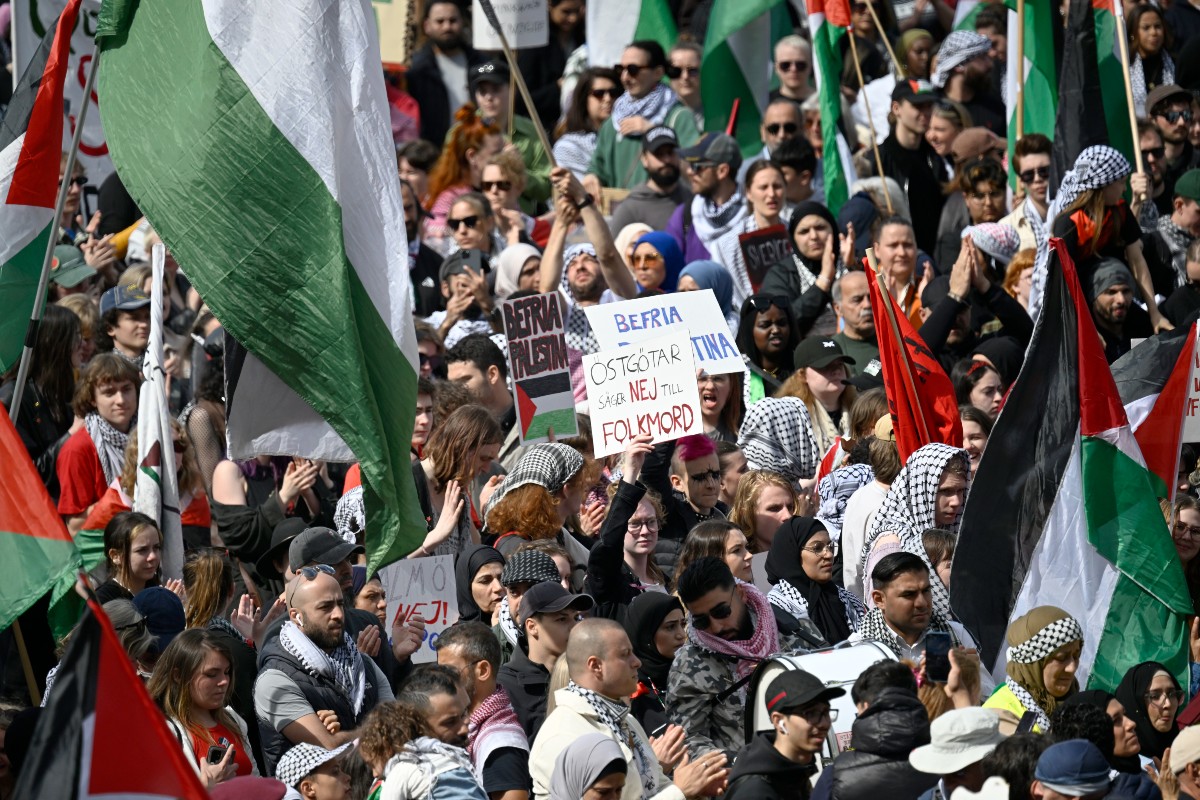


 Please whitelist us to continue reading.
Please whitelist us to continue reading.